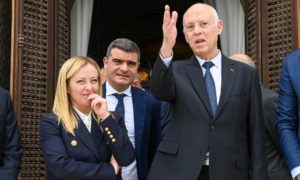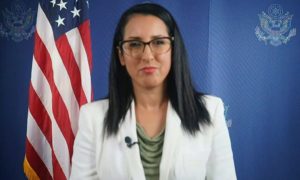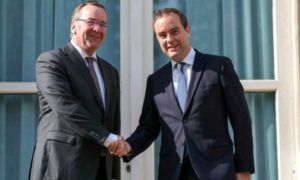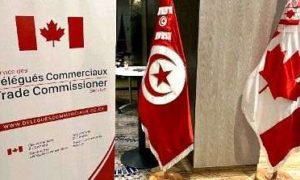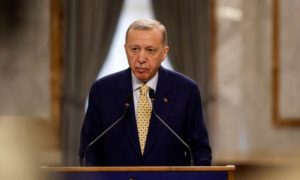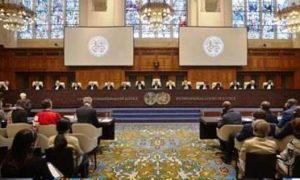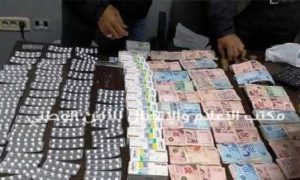Hattab voiced the view that Tunisia may not necessarily require these amounts due to various factors. He attributed his theory to a Tunisian willingness to attain self-reliance, an improvement in the country’s self-resources, and the implementation of several decisions that could provide notable financial resources.
He emphasised initiatives such as penal reconciliation and the constant dynamism in the country’s economic cycle, especially in liberalizing initiatives and reviewing fundamental laws, including the exchange law. These measures could generate funds for Tunisia. Further, he noted improvements in the services sector, such as tourism, increased remittances from Tunisians abroad, and significant growth in industrial sector exports, potentially reaching 52 billion dinars.
Furthermore, Hattab expected an improvement in the agricultural sector after five years of drought. He anticipated growing exports of olive oil, dates, and other important items, contributing to the country’s overall financial outlook. Despite the challenges, he remarked that Tunisia achieved near self-sufficiency in the food trade balance, with a deficit of just 200 million dinars in 2023.



